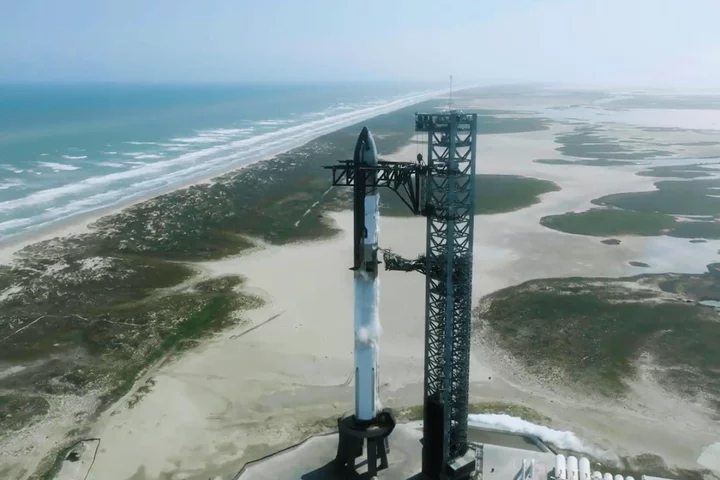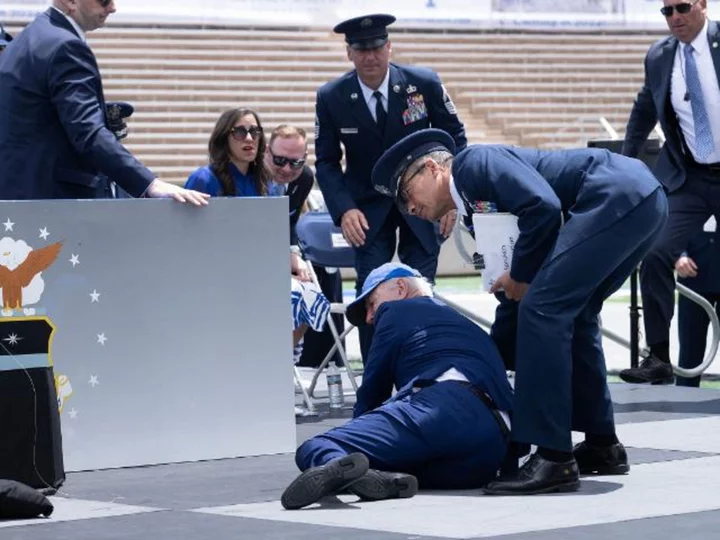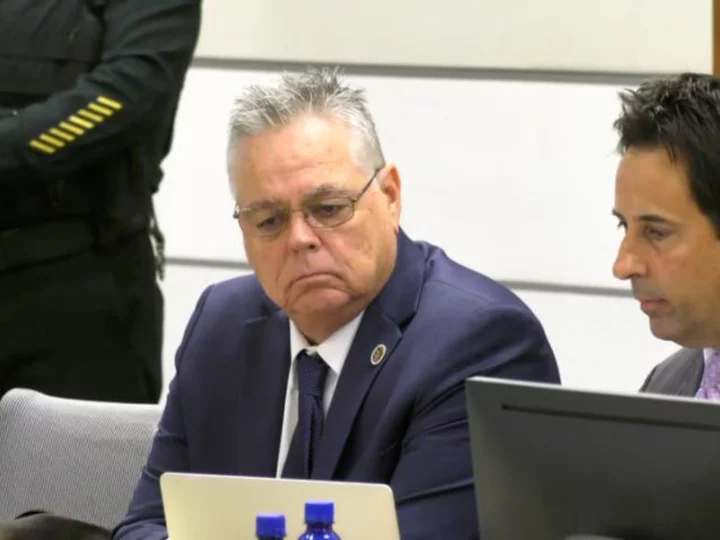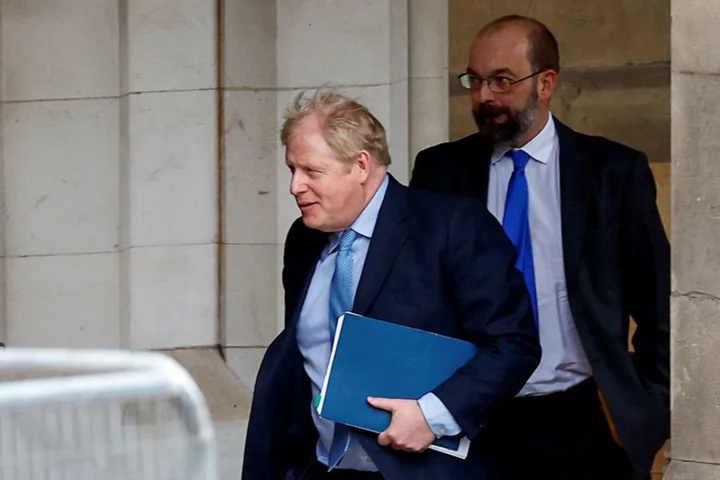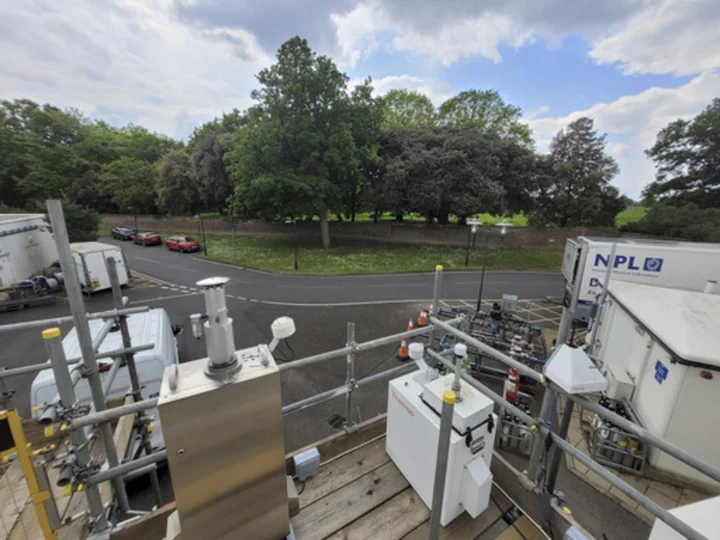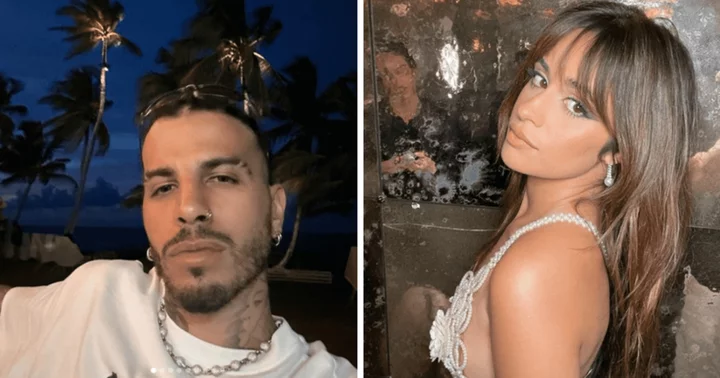SpaceX’s Starship should take off for the second ever time this week, Elon Musk has said. The world’s most powerful and tallest rocket is aiming to launch this week, he tweeted. The rocket will attempt to fly around the Earth and then drop into the ocean in a major test. Eventually, SpaceX hopes that Starship will help carry humans to the Moon and onto Mars. But first it must prove that it is safe for orbital flight in an uncrewed test. Friday’s flight would mark the second launch after a spectacular failure in April that saw the rocket blow up soon after launch. Since then, the private space company has been working to secure regulatory approval for another test. Now Elon Musk says that those approvals should be granted in time to launch on Friday, 14 November. Earlier, SpaceX had only said the rocket “could launch as early as Friday”. It may still be delayed, and previous tests have been pushed back mere seconds before launch. The first orbital test flight was attempted in April this year. Soon after it took off, Starship began to tumble, and the rocket exploded. Since then, SpaceX has been working to fix a number of issues with both the rocket and the launchpad. The FAA required that 63 fixes were needed before it would give permission for the rocket to launch again. Those changes have led to a series of improvements that SpaceX says should reduce the chance of another failure, as well as protecting the humans who will eventually fly in the spacecraft. “Starship’s first flight test provided numerous lessons learned that directly contributed to several upgrades to both the vehicle and ground infrastructure to improve the probability of success on future flights,” SpaceX says on its website. “The second flight test will debut a hot-stage separation system and a new electronic Thrust Vector Control (TVC) system for Super Heavy Raptor engines, in addition to reinforcements to the pad foundation and a water-cooled steel flame deflector, among many other enhancements. “This rapid iterative development approach has been the basis for all of SpaceX’s major innovative advancements, including Falcon, Dragon, and Starlink. Recursive improvement is essential as we work to build a fully reusable transportation system capable of carrying both crew and cargo to Earth orbit, help humanity return to the Moon, and ultimately travel to Mars and beyond.” Read More ChatGPT creator mocks Elon Musk in brutal tweet Elon Musk’s new AI bot will help you make cocaine which proves it’s ‘rebellious’ Elon Musk weighs in on the scooped bagel debate How Elon Musk’s ‘spicy’ Grok compares to ‘woke’ ChatGPT Elon Musk unveils new sarcasm-loving AI chatbot for premium X subscribers Elon Musk mocks politicians at AI summit
SpaceX’s Starship should take off for the second ever time this week, Elon Musk has said.
The world’s most powerful and tallest rocket is aiming to launch this week, he tweeted.
The rocket will attempt to fly around the Earth and then drop into the ocean in a major test.
Eventually, SpaceX hopes that Starship will help carry humans to the Moon and onto Mars.
But first it must prove that it is safe for orbital flight in an uncrewed test.
Friday’s flight would mark the second launch after a spectacular failure in April that saw the rocket blow up soon after launch.
Since then, the private space company has been working to secure regulatory approval for another test. Now Elon Musk says that those approvals should be granted in time to launch on Friday, 14 November.
Earlier, SpaceX had only said the rocket “could launch as early as Friday”. It may still be delayed, and previous tests have been pushed back mere seconds before launch.
The first orbital test flight was attempted in April this year. Soon after it took off, Starship began to tumble, and the rocket exploded.
Since then, SpaceX has been working to fix a number of issues with both the rocket and the launchpad. The FAA required that 63 fixes were needed before it would give permission for the rocket to launch again.
Those changes have led to a series of improvements that SpaceX says should reduce the chance of another failure, as well as protecting the humans who will eventually fly in the spacecraft.
“Starship’s first flight test provided numerous lessons learned that directly contributed to several upgrades to both the vehicle and ground infrastructure to improve the probability of success on future flights,” SpaceX says on its website. “The second flight test will debut a hot-stage separation system and a new electronic Thrust Vector Control (TVC) system for Super Heavy Raptor engines, in addition to reinforcements to the pad foundation and a water-cooled steel flame deflector, among many other enhancements.
“This rapid iterative development approach has been the basis for all of SpaceX’s major innovative advancements, including Falcon, Dragon, and Starlink. Recursive improvement is essential as we work to build a fully reusable transportation system capable of carrying both crew and cargo to Earth orbit, help humanity return to the Moon, and ultimately travel to Mars and beyond.”
Read More
ChatGPT creator mocks Elon Musk in brutal tweet
Elon Musk’s new AI bot will help you make cocaine which proves it’s ‘rebellious’
Elon Musk weighs in on the scooped bagel debate
How Elon Musk’s ‘spicy’ Grok compares to ‘woke’ ChatGPT
Elon Musk unveils new sarcasm-loving AI chatbot for premium X subscribers
Elon Musk mocks politicians at AI summit

